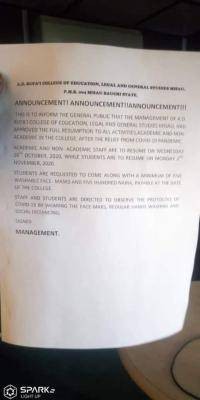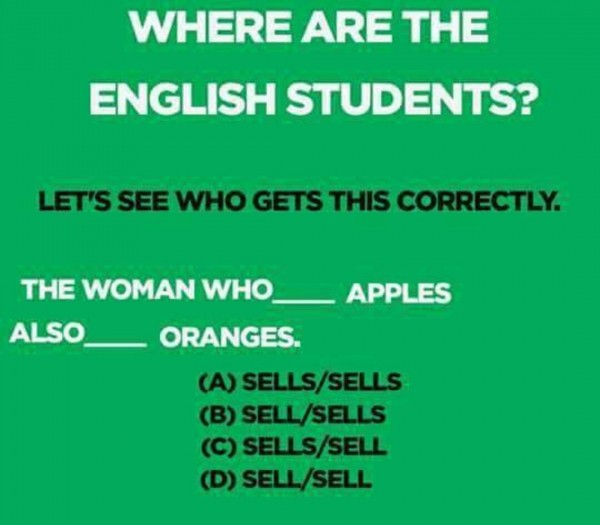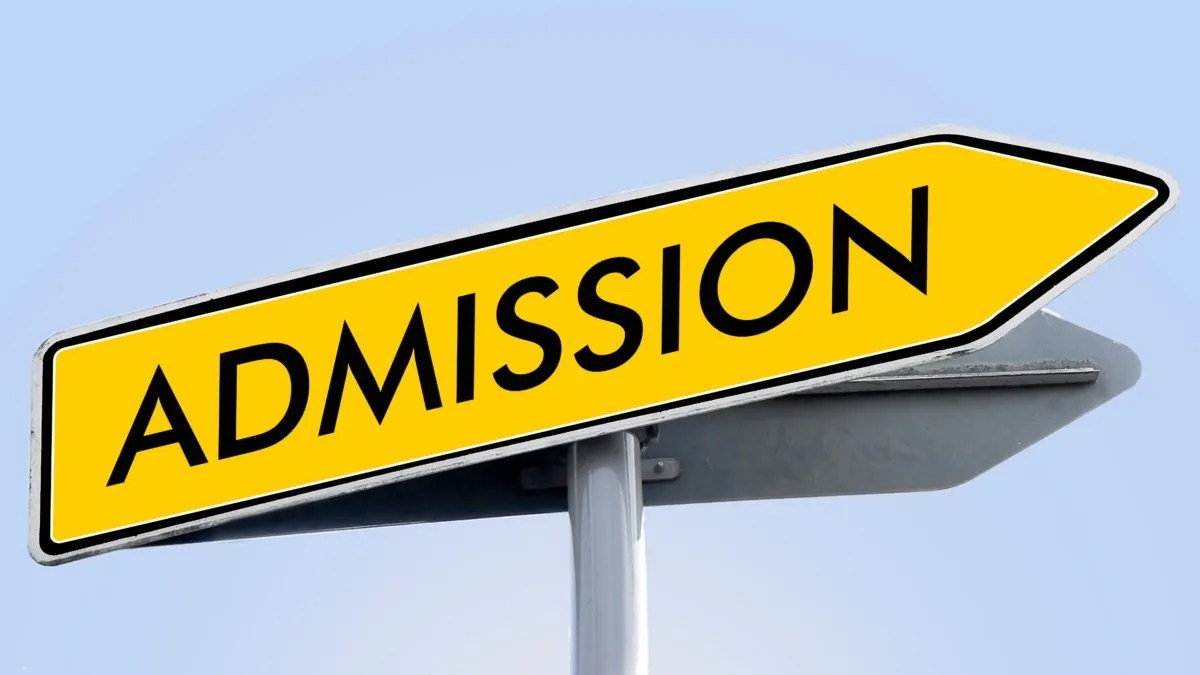
Today has been proclaimed as International Literacy Day by the United Nations Educational, Scientific and Cultural Organisation (UNESCO). But with close to 40 million illiterates, should Nigeria join in the celebration?
Salamatu, a petty trader in her mid-forties, married to a chicken seller in Sokoto, where the adult literacy rate is as low as 22%, has never seen the four walls of a classroom. Neither have any of her seven children. She feels she is too old to attend a conventional school but would not mind any literacy centre, the problem is there isn't any such thing in the community she lives.
There are over 40 million 'Salamatus' in Nigeria who are not literate. The 2010 National Literacy Survey conducted by the National Bureau of Statistics (NBS) says that close to half (47.4%) of the illiterate population would like to attain the status of a literate person. But presently only an estimated 500,000 are enrolled in literacy classes.
So with Nigeria facing the challenges of a huge illiterate population, lack of access and lack of commitment on the part of most state governments, the question is should she also celebrate the International Literacy Day today?
September 8 has been proclaimed as International Literacy Day by the United Nations Educational, Scientific and Cultural Organisation (UNESCO). The event which aims to highlight the importance of literacy to individuals, communities and societies has been celebrated across the world since 1965. The theme for this year's celebration is: Literacy for Peace. The theme calls all UNESCO member countries to invest in literacy in a bid to promote peaceful coexistence and democratic culture.
In Nigeria adult literacy rate is about 56.9%with huge variations between states (Lagos 80.5 (literacy in English) 87.7 (Literacy in any Language) and Yobe 24.2(literacy in English) and 48.9 (literacy in any Language). Other states where literacy rates are very low particularly in English include: Jigawa 26.1%, Kano 27.8%, Katsina 27.5% and Zamfara 26.2%.
This low level of literacy has translated to high level of poverty, ignorance, diseases, insecurity and a non-virile democratic practice because people cannot vote effectively.
Nigeria now chairs the E-9 countries, which are countries that account for more than 50 per cent of the world's population and have the highest number of illiterates. Other members include Bangladesh,Brazil, China, Egypt, India, Indonesia, Mexico and Pakistan. We are also at risk of not meeting Education For All (EFA) by 2015.
States have been blamed for not living up to their statutory responsibility of educating their indigenes. Executive Secretary of the National Commission for Mass Literacy, Adult Education and Non-Formal Education (NMEC) Jubrin Yusuf Paiko in a previously published interview with said the major concern is facilitators. Paiko said people are looking for access but it cannot come without availability of facilitators.
The minimum benchmark states are supposed to pay facilitators is N7, 500 but not many states are complying.
"Even some are paying as low as N2,000 per month and they are not regular. Without the teachers, there would be no centres, without the centres there would be no learners," he said.
Minister of state for education Barrister Nyesom Wike at a ministerial press briefing to flag off the International Literacy Day in Abuja said most states do not have education as a priority.
"It is not building roads, it is not building things that would not affect the development of a state. They are important but comparatively without those who are educated how would all these things be maintained? When you educate people, development is bound to come," he said.
The mass literacy commission has also been heavily criticized for underperformance. Some stakeholders have advocated it be scrapped or merged with the Universal Basic Education Commission (UBEC). But whereas, UBEC which deals with basic education (Nigeria has 10million out of school children) enjoys 2% of the Consolidated Revenue running into several billions of naira, NMEC which is contending with more than 40millionilliterates got a paltry sum of N82mthis year as envelope from the Federal Ministry of Education.
The commission has policy documents such as guidelines for setting up literacy centres, curricula for out-of-schoolboys, integrated Quran schools, girl child and adolescent girls and adult and youth education. But it can do little with poor funding from federal government and less support from the states.
On the issue of funding, Paiko said, "The challenge is more on our part than theirs but they (UBEC) have the funds. I know the ministers are trying to see how the NMEC & UBEC Acts can be amended to see that certain funds go to adult literacy since states are not accessing. Why not federal government continues with its own responsibilities by taking care of NMEC, UBEC and Nomadic education."
But the Minister's stand is that funding can never be enough and what matters is what is done with the little given. He also said the ministry's position is that NMEC remains.
"The mere fact that people have not performed does not call for the abolition of an agency. The agency was set up to perform a certain function and you cannot say it is not relevant. The present leadership of this agency has been able to make some progress.
As for funding, education is under the concurrent list. What federal government ought to be doing is making policies to give direction so states can implement and intervene. There is no part of this world where funding has not been a problem but let's start with the N1bn government has given and regular budgetary system."
Last year, federal government released N1bn seed money in trust of UNESCO for the Revitalizing Adult and Youth Literacy programme in Nigeria. The programme which should eventually attract about N12bn to achieve its objectives of making about40million Nigerians literate between now and 2015 is yet to start.
Within the period when federal government gave UNESCO the fund and now, federal government started and is almost completing the construction of 100 Almajiri schools under the Almajiri Education Programme.
Why the delay? Wike said the programme has experienced some delay because it did not have possession of the funds and the project was been handled by UNESCO which is bringing its technical expertise and knowledge.
UNESCO Country Representative Dr. Joseph Ngu said the programme only came on stream May last year and it was delayed because of the UN bomb blast but a strategic framework has been launched.
"We have to develop the framework, agree with Nigeria what is going to be implemented and who is going to be responsible for what. It is a logical framework that has been done and we are really on track to implement it. We do not want to misuse resources so that by 2015 we would have made a dent in the number of those people that are currently illiterate," Ngu said.
But in the one and half years since President Goodluck Jonathan's administration came on board has literacy improved? "We cannot say since we came in 20 or30% Nigerian adults are more literate but we have been able to plan and the agreement we have with UNESCO is a foundation," the Minister answered.
The Federal Ministry of Education has said it would ensure that the programme is "effectively and successfully implemented." So should Nigeria celebrate the International Literacy Day? Yes, if it would serve as a reminder to states, local governments, non-governmental organisations and other Nigerians that literacy can bring liberty from poverty and ignorance.




